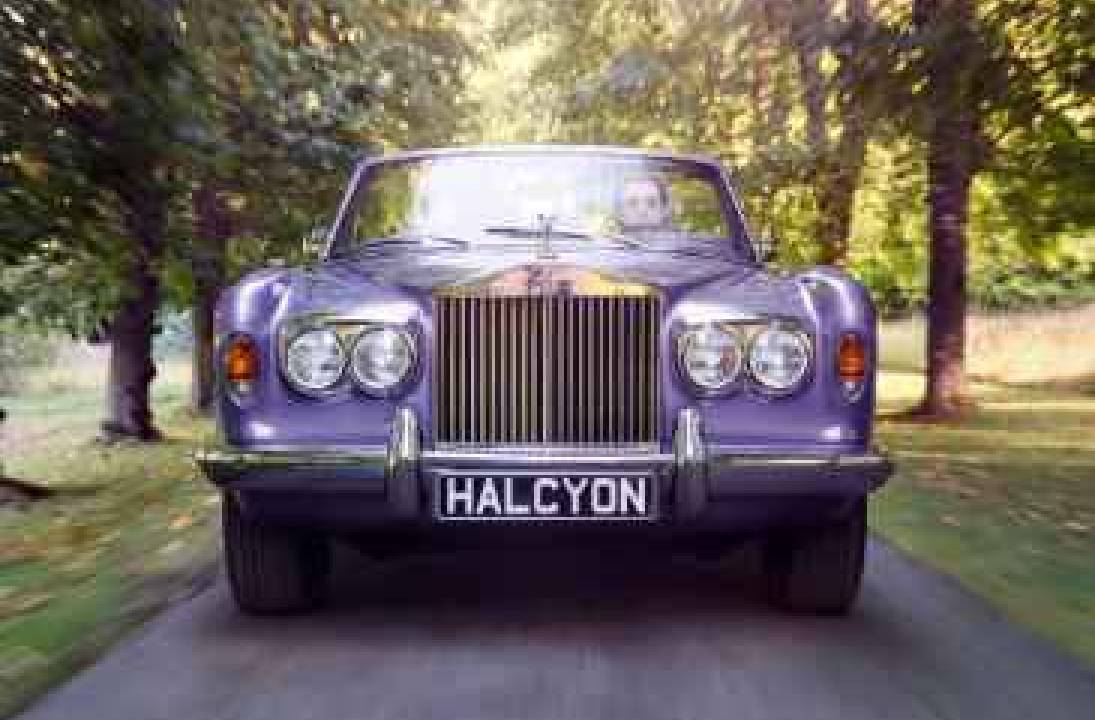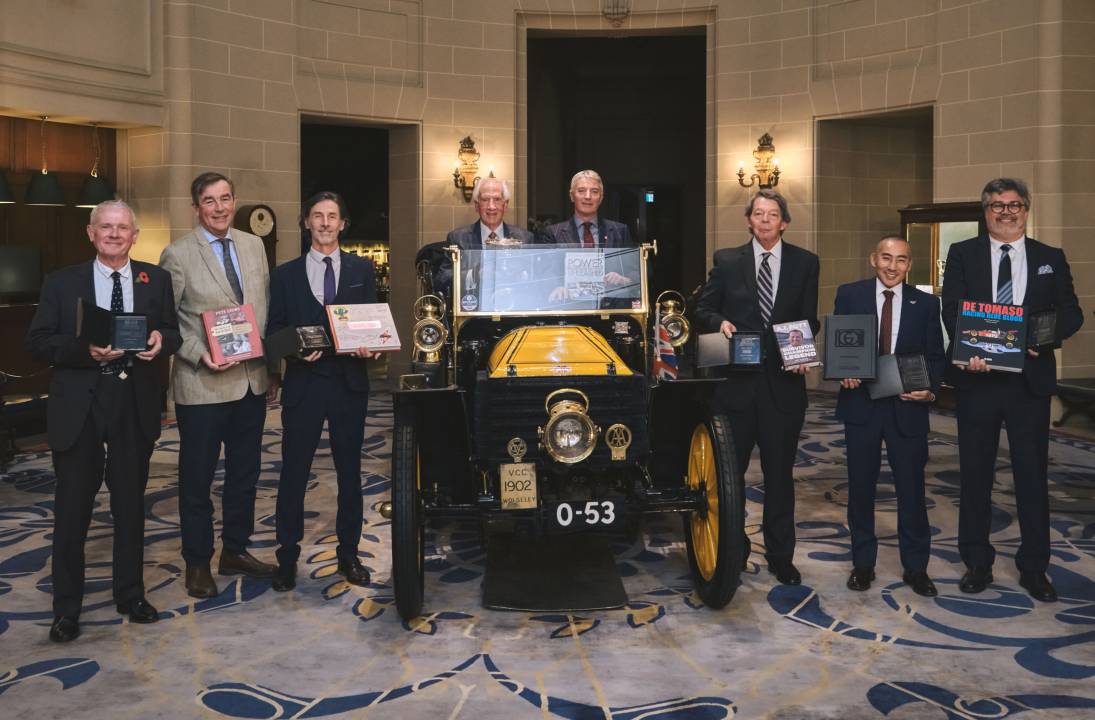Hamilton glad to be alive as Silverstone renames pit straight after seven-time champion
Formula 1 legend Lewis Hamilton said he was "happy to be alive" after recovering from coronavirus to finish the season with a third place. The world champion missed the penultimate race in Bahrain a week ago after contracting Covid-19 but recovered in time to race in Abu Dhabi. He said after the race: "I am destroyed. I do not feel good.
"But I'm happy and grateful I am alive. I live to fight another day and I still managed to finish with a podium."
Following his comeback, Silverstone owners the British Racing Drivers' Club have named the track's pit straight after the Hertfordshire-born driver in honour of his achievements this year.
The 35-year-old Mercedes driver, who tested positive for Covid-19 a day after winning the Bahrain Grand Prix last month, was forced to skip the Sakhir GP at the same track a week later, and spent 10 days in isolation before a negative test freed him to travel to Abu Dhabi.
He became the most successful Formula 1 driver in history after clinching his seventh world title and breaking the record for most wins.
On his recent absence Hamilton said: "Covid is no joke. I never thought it was. I knew at some stage if I got it it would be tough because there are people out there losing their lives. So I knew it was serious.
"I always find it very strange to see world leaders laughing it off like it is nothing. To be able to come back here this weekend, I knew I wouldn't physically be where I have been the rest of the season but I made it. Where there is a will, there is a way."
The season was initially suspended in March and F1 set up a system of protocols that has kept people apart as much as possible to start it up again. And the drivers have had to isolate themselves as much as possible in order to minimise the risks of catching the virus and derailing their seasons.
On naming Silverstone’s pit straight after Hamilton, BRDC president David Coulthard said he was "delighted to share the news with Lewis" at the Abu Dhabi Grand Prix.
It is the first time part of the track has been named after any individual.
"Lewis has become a huge part of the circuit's history and the directors of the club and I felt there was no better way to mark this than to rename the iconic pits straight in recognition of his record-breaking achievements."
The Mercedes driver has won a record seven British Grands Prix and has celebrated six of them on the podium that overlooks the new Hamilton Straight.

























